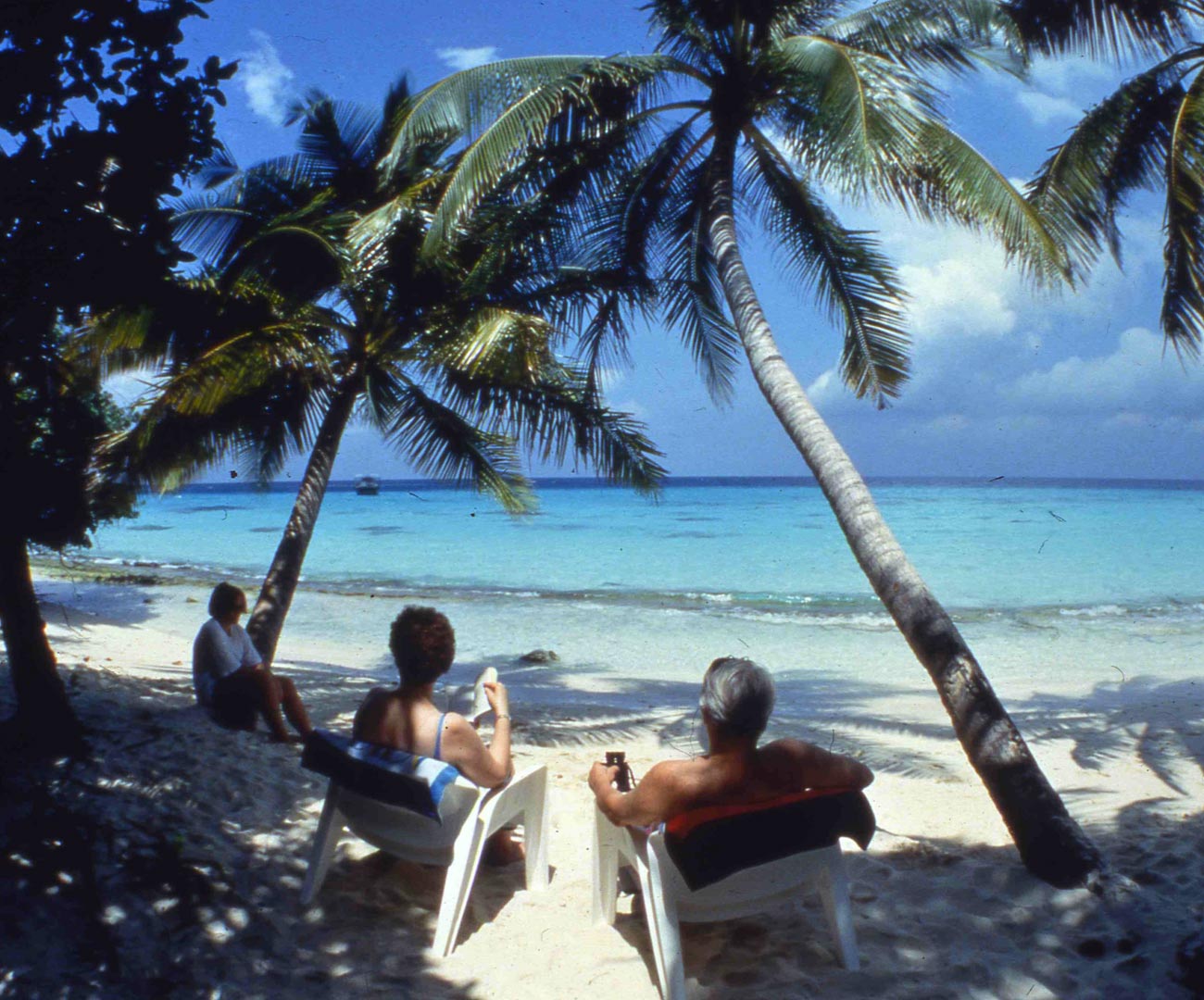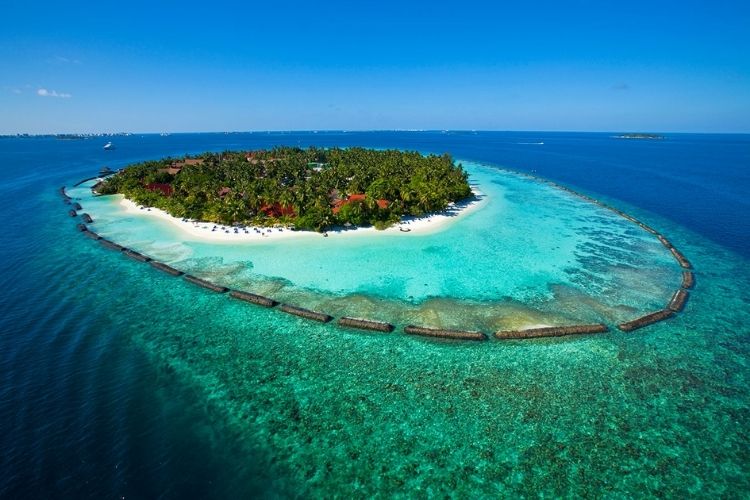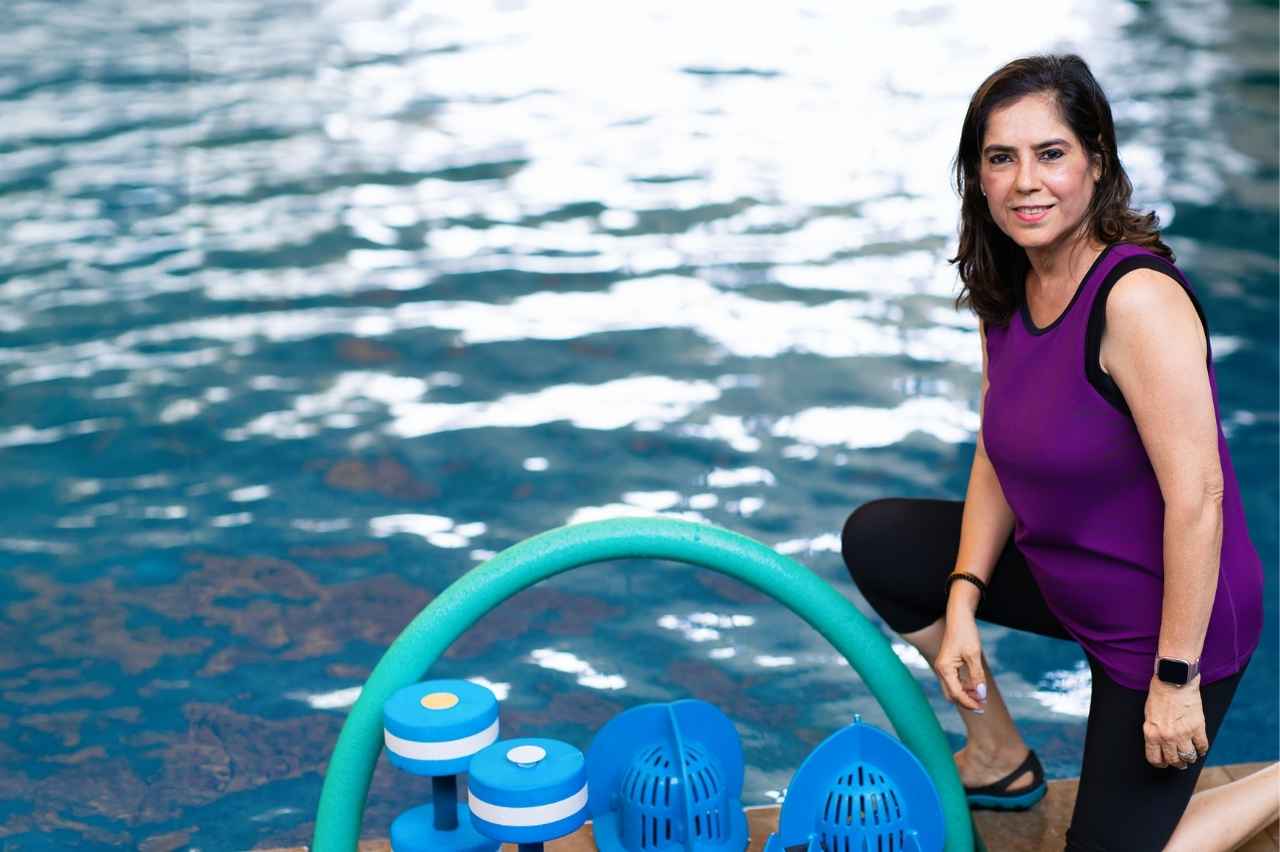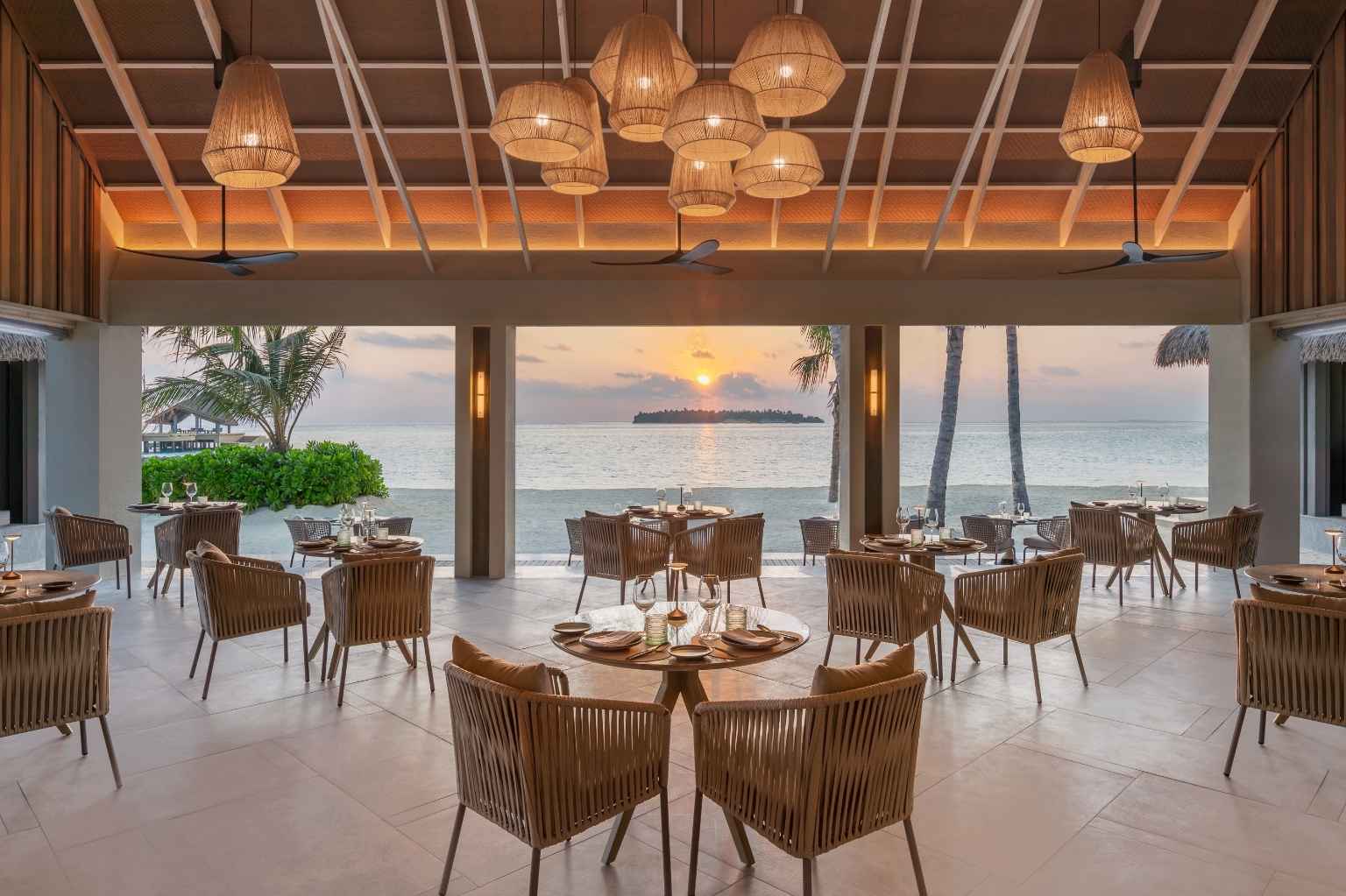There was a time a tourism industry did not exist in the Maldives. Back then, the Maldives was inhabited only by fisherfolk and remained unknown to the outside world. It all started with the first resort in the Maldives, Kurumba Maldives’ opening in 1972.
Beginning of the Maldives’ Tourism Industry
Tourism started with the passion and determination of Kurumba’s young Maldivian founders. The very beginning was a meeting in Colombo between George Corbin, an Italian travel agent, and Ahmed Naseem. Ahmed Naseem was then a junior with the Maldives Embassy who later became the Foreign Minister of Maldives. Corbin was looking for pristine islands where he could bring Italians to swim and hunt fish. On his first visit to the Maldives, it was love at first sight.
In February 1972, Corbin brought the first tourists to the Maldives. The first arrivals were mainly journalists and photographers. Likewise, the tourists were accommodated in three houses in Malé. Furthermore, they were looked after by Mohamed Umar Maniku (Now Universal Enterprises’ Chairman) and his friends, including Hussain Afeef, who is currently the successful owner/operator of several resorts in the Maldives.
Kurumba – The first resort in the Maldives
Corbin vowed to bring more tourists if Maniku, Naseem, and Afeef could find tourists somewhere to stay. Thus, Kurumba was born. Driven and inspired with enthusiasm Maniku and Afeef linked up with the leaseholder of Vihamanaafushi. Vihamanaafushi was within close proximity to the airstrip and the capital. Access to the island back then was only by sailing dhoni or open boat with an outboard motor.

M U Maniku worked as an agriculture officer. After finishing his work each day at 1.30 pm, he spent his time developing Vihamanaafushi. And with financial help from Corbin and his own resources, Maniku and his young Maldivian friends built 30 rooms in blocks of three, using coral stone for walls, coconut timber, and palm thatch for roofs at the island. The rooms had a brackish water shower and toilet, basic furniture, and access to the beach. Meanwhile, meals were taken in a canteen or as barbecues on the beach.
The island was the first resort in the Maldives and came to be known as Kurumba Village. Meanwhile, Afeef became the manager of the resort. Kurumba Village opened on Tuesday 3 October 1972 and remained fully booked for the rest of the year. In its humble origins, Kurumba welcomed 60 guests a month.
Since then, Kurumba became a resort that welcomes 14,000 guests. The resort went from a handful of the founding friends to a staff of 450. In 2003, Kurumba underwent a complete transformation yet again. However, now meeting the demands of the 21st century. The result was a world-class resort with 180 rooms, including the Royal Residence, Presidential Suites, Pool Villas, Family Villas, and beach and garden superior rooms. Today the resort has matured into the Grand Hotel of the Maldives, setting the benchmark for hospitality in the region, and in the tropics at large.








